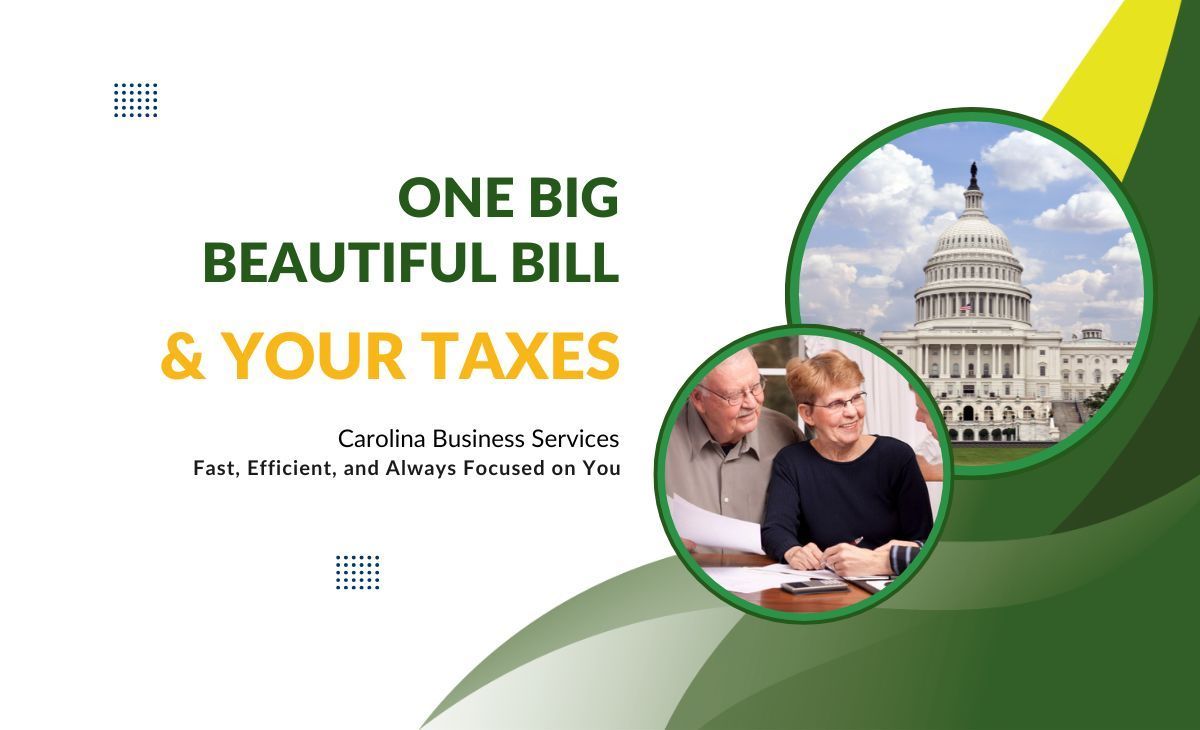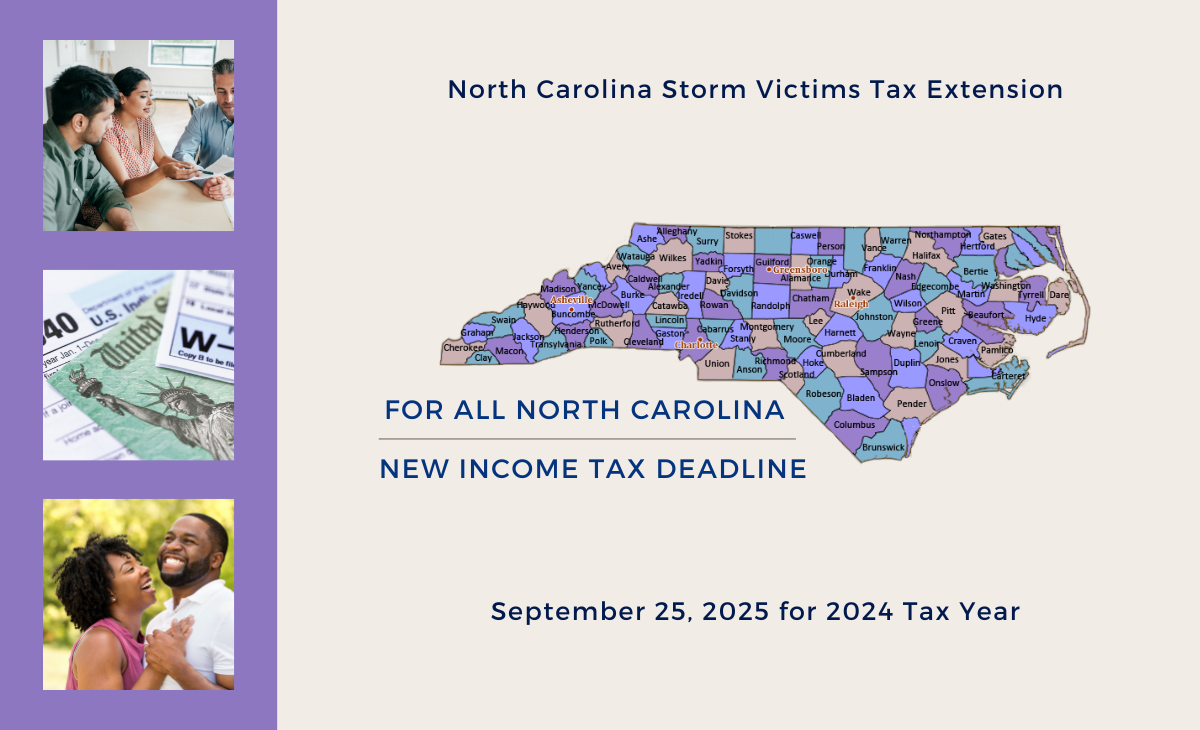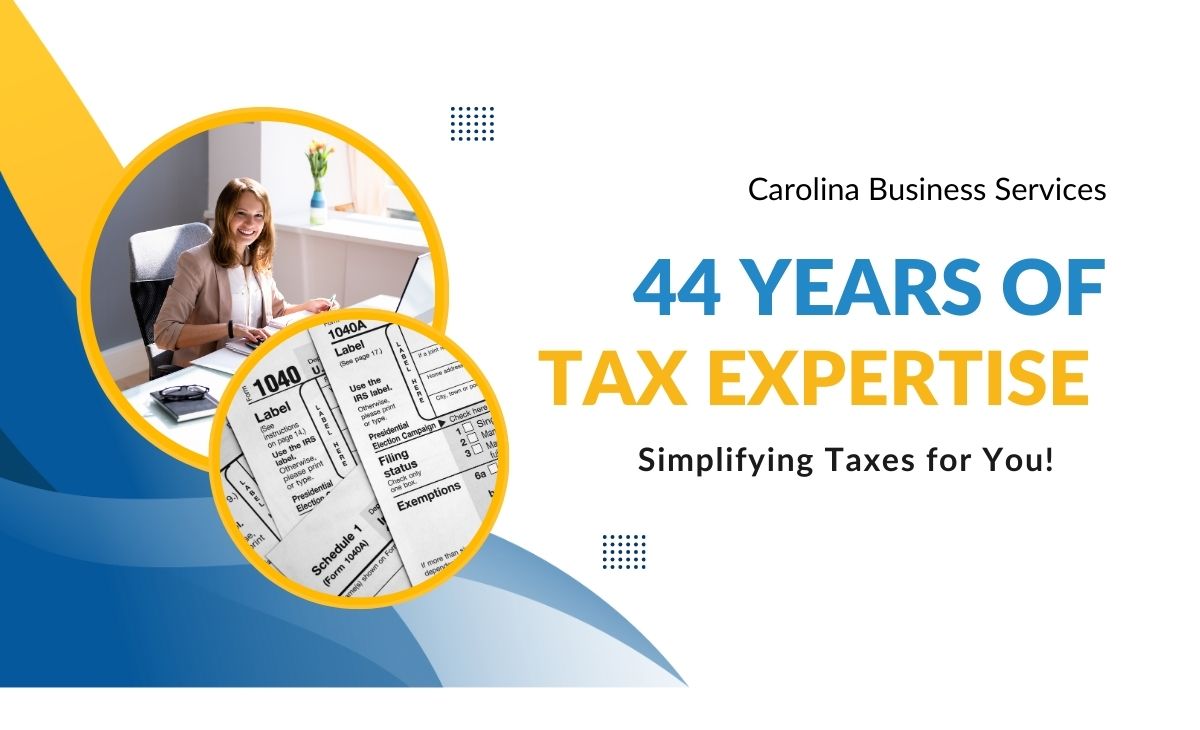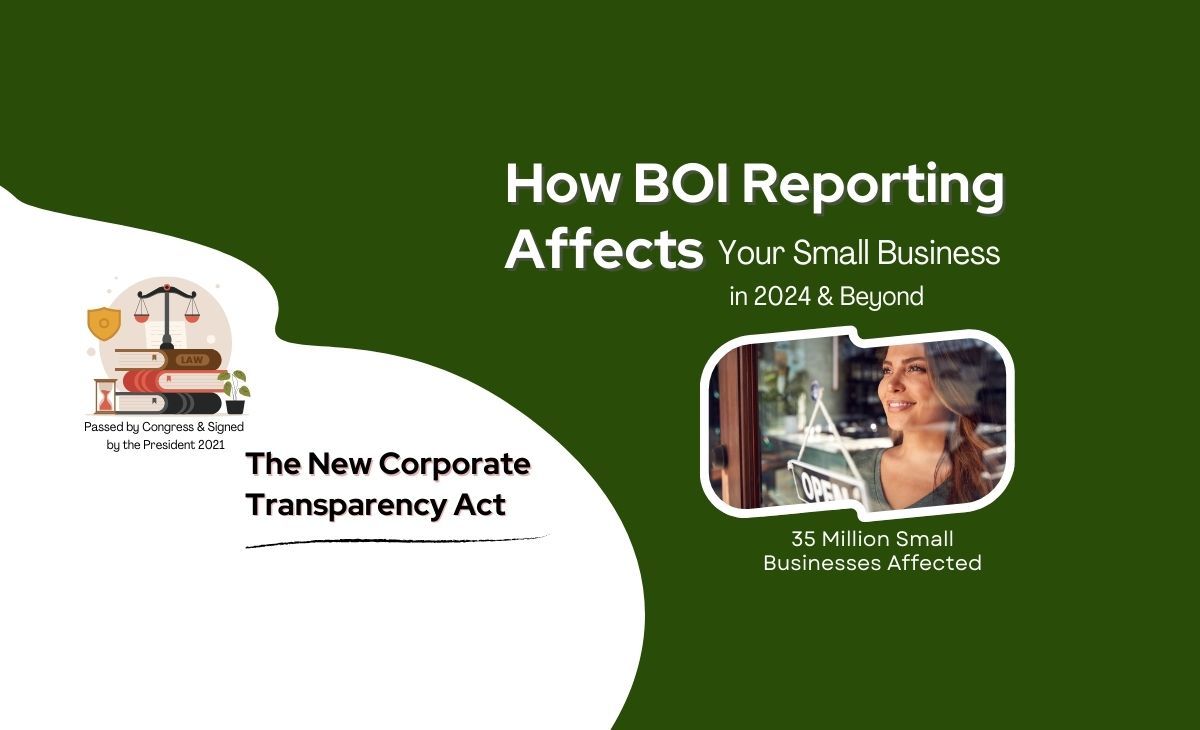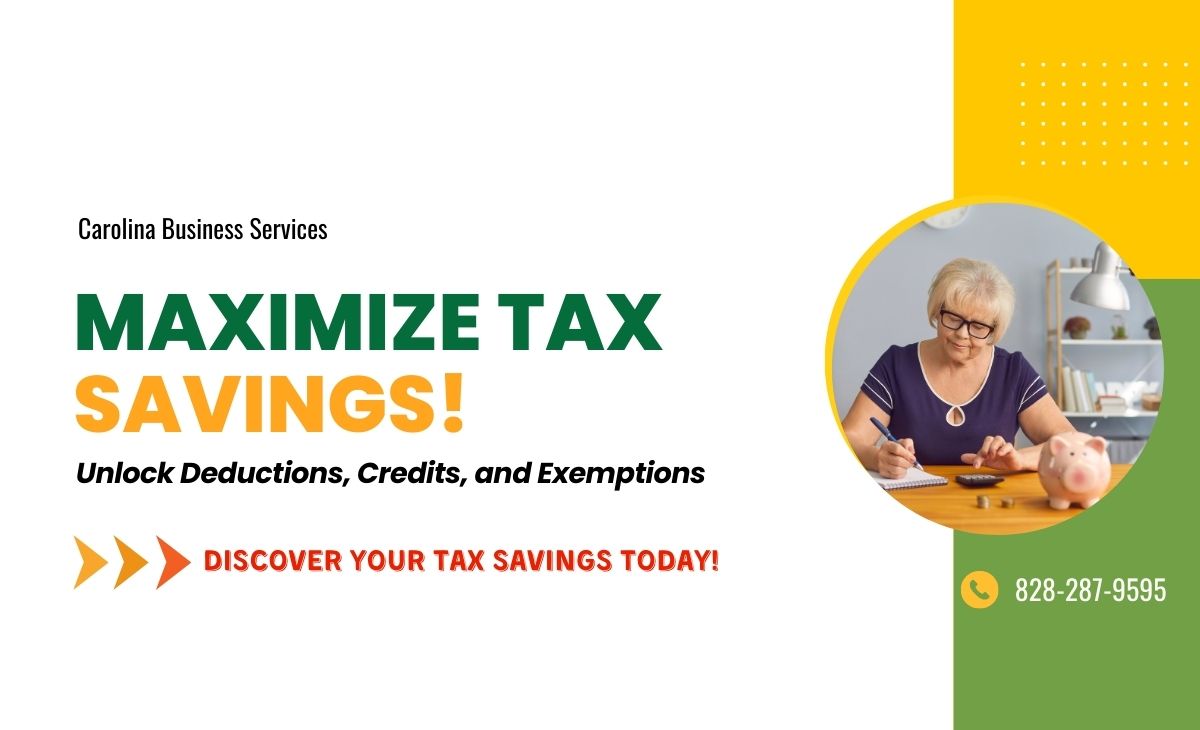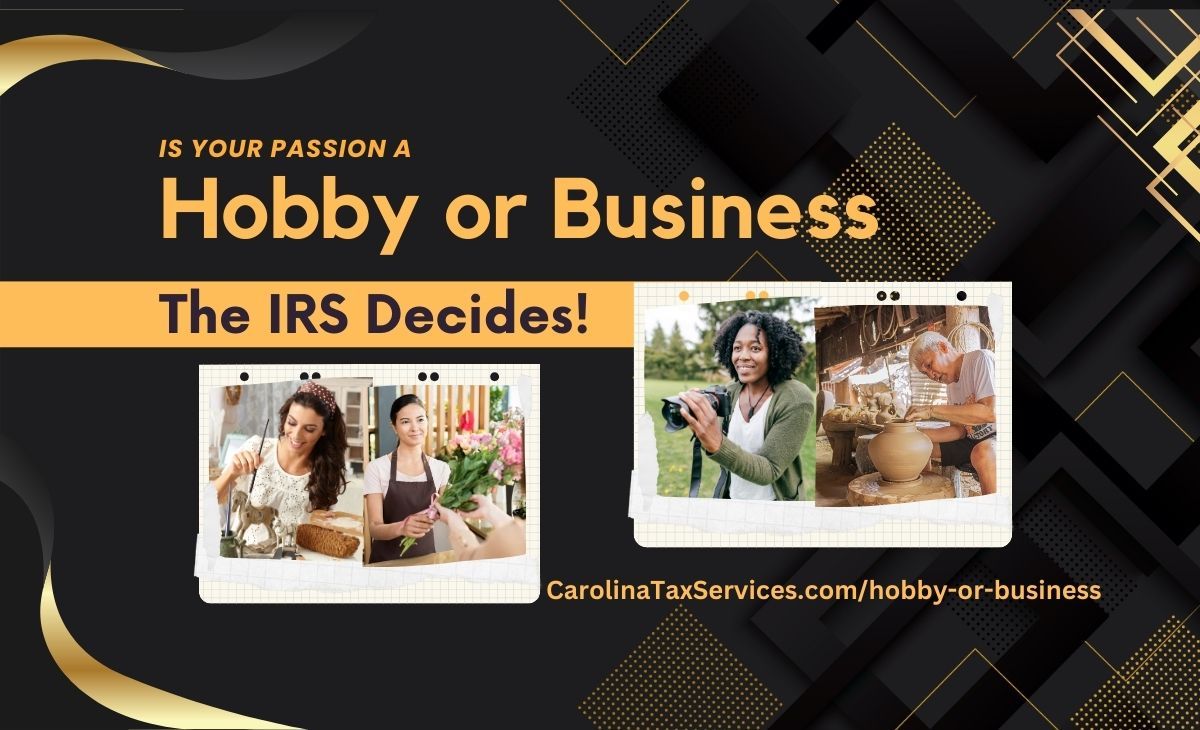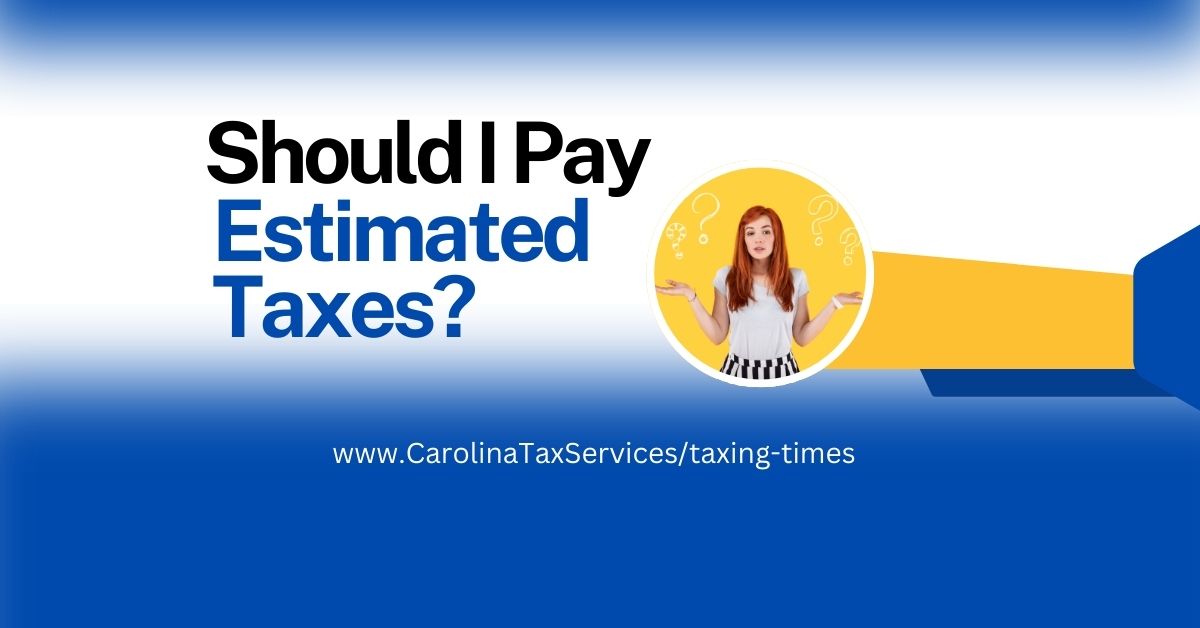No Tax on Tips: Your Complete Guide to the New Deduction
The New Tax Law
Keep More of What You Earn
If you work in a job where tips are part of your paycheck, there's exciting news that could put real money back in your pocket. The One Big Beautiful Bill (OBBB), signed into law on July 4, 2025, includes a brand-new deduction for qualified tips — and the IRS just released the official list of who qualifies.
One Big Beautiful Bill and Your Taxes

This is a big deal for servers, bartenders, hairstylists, rideshare drivers, and dozens of other occupations. Let's break down what you need to know.
Understanding Tax Terms
Before we dive in, here are common abbreviations and terms you'll see throughout this guide:
OBBB – One Big Beautiful Bill Act (the new tax law signed July 4, 2025)
MAGI – Modified Adjusted Gross Income (your AGI plus certain excluded income, used to determine if deductions phase out)
AGI – Adjusted Gross Income (your total income minus certain deductions, before applying the standard deduction)
SSN – Social Security Number (required to claim the tips deduction)
SSTB – Specified Service Trade or Business (professional services like health, law, accounting, consulting that don't qualify for the tips deduction)
W-2 – Wage and Tax Statement (the form your employer gives you showing your wages and tips)
Above-the-Line Deduction – A deduction you can claim even if you take the standard deduction (you don't need to itemize)
Phase-Out – The income level where a deduction or credit starts to decrease and eventually disappears
What Is the "No Tax on Tips" Deduction?
Starting with your 2025 tax return (filed in early 2026), eligible workers can deduct qualified tips from their taxable income. That means less of your tip income gets taxed, which translates to real savings when it's time to file.
How it works:
- Deduct up to $25,000 in tips per year
- It's an "above-the-line" deduction, so you don't need to itemize
- Works with the standard deduction most people use
- Available for tax years 2025 through 2028
According to the Council of Economic Advisors, this deduction is expected to increase average take-home pay for tipped workers by about $1,300 per year. That's real money that can help with bills, savings, or paying down debt.
Do You Qualify?
The new deduction comes with some important requirements. Here's what you need to know:
You Must Work in a Qualifying Occupation
Your job must appear on the IRS's official list of occupations that "customarily and regularly received tips on or before December 31, 2024." We'll share the complete list below, but it includes everyone from restaurant servers to pet groomers to rideshare drivers.
Other Requirements:
- Valid Social Security Number: You (and your spouse, if married) must have a valid SSN. Individual Taxpayer Identification Numbers (ITINs) don't qualify for this deduction.
- Married Couples Must File Jointly: If you're married, you'll need to file a joint return to claim this deduction.
- Tips Must Be Properly Reported: Your tips need to be reported on your W-2 (for employees) or on Form 4137, 1099-NEC, 1099-K, or 1099-MISC.
Income Phase-Out
The deduction starts to phase out at higher income levels:
How it works:
- Phases out above $150,000 for single filers
- Phases out above $300,000 for married couples filing jointly
- Reduces by $100 for each $1,000 over the threshold
What Tips Actually Qualify?
Not every tip you receive will count toward this deduction. The IRS has clear rules about what qualifies and what doesn't.
✅ Tips That Qualify:
- Cash tips from customers
- Credit card, debit card, or mobile payment app tips
- Tips received through tip-sharing or tip pools
- Tips paid voluntarily by the customer
- Tips where the customer decided the amount
❌ Tips That Don't Qualify:
- Mandatory service charges or automatic gratuities (unless the customer can change them)
- Tips received while performing illegal services
- Tips from someone who employs you or a business you own
- Tips in certain professional services (health, law, accounting, consulting, performing arts, athletics, financial services)
Understanding Service Charges vs. Tips
This matters: If a restaurant automatically adds an 18% gratuity to your bill with no way for the customer to change it, that's not a qualified tip. But if the customer can adjust that amount or add more on top, those voluntary amounts do qualify.
Example: A restaurant adds an 18% automatic charge for large parties. The customer can't change it, so it doesn't qualify. But if the bill also has a line where the customer can add an extra tip, that extra amount does qualify.
Does Your Job Qualify?
The Official IRS List
The IRS released the complete list of qualifying occupations on September 19, 2025. The list includes nearly 70 separate occupations organized into eight categories.
If your occupation appears below, your tips may qualify for this valuable deduction.
🍽️ Beverage and Food Service
This is the largest category and includes most restaurant and food service workers:
- Bartenders
- Wait Staff (servers, cocktail servers)
- Food Servers (room service, non-restaurant settings)
- Dining Room and Cafeteria Attendants, Bartender Helpers (bussers, bar backs)
- Chefs and Cooks
- Food Preparation Workers
- Fast Food and Counter Workers
- Dishwashers
- Host Staff (restaurant, lounge, coffee shop)
- Bakers
🎰 Entertainment and Events
- Casino workers and entertainers who receive tips:
- Gambling Dealers
- Gambling Change Persons and Booth Cashiers
- Gambling Cage Workers
- Gambling and Sports Book Writers and Runners
- Dancers
- Musicians and Singers
- Disc Jockeys (club DJs)
- Entertainers and Performers (comedians, magicians, street performers)
- Digital Content Creators (streamers, social media influencers, podcasters)
- Ushers, Lobby Attendants, and Ticket Takers
- Locker Room, Coatroom, and Dressing Room Attendants
🏨 Hospitality and Guest Services
- Hotel and hospitality workers:
- Bellhops and Hotel Baggage Handlers
- Concierges
- Hotel, Motel, and Resort Desk Clerks
- Maids and Housekeeping Cleaners
🏠 Home Services
- Workers who provide services at customers' homes:
- Home Maintenance and Repair Workers (handymen, roofers, painters)
- Landscapers and Groundskeepers
- Home Electricians
- Home Plumbers
- Home Heating and Air Conditioning Installers
- Home Appliance Installers and Repairers
- Home Cleaning Service Workers
- Locksmiths
- Roadside Assistance Workers (tow truck drivers)
🤝 Personal Services
- Service providers who work with individual clients:
- Personal Care and Service Workers (personal care aides, companions)
- Private Event Planners (wedding planners, party planners)
- Private Event and Portrait Photographers
- Private Event Videographers
- Event Officiants (wedding officiants)
- Pet Caretakers (groomers, sitters, walkers, trainers)
- Tutors
- Nannies and Babysitters
💅 Personal Appearance and Wellness
- Beauty, wellness, and fitness professionals:
- Skincare Specialists (estheticians)
- Massage Therapists
- Barbers, Hairdressers, Hairstylists, and Cosmetologists
- Shampooers
- Manicurists and Pedicurists
- Makeup Artists
- Exercise Trainers and Group Fitness Instructors
- Tattoo Artists and Piercers
- Tailors and Seamstresses
- Shoe and Leather Workers and Repairers
- Eyebrow Threading and Waxing Technicians
⛳ Recreation and Instruction
- Recreational and instructional service providers:
- Golf Caddies
- Self-Enrichment Teachers (art, music, dance instructors)
- Sports and Recreation Instructors
- Tour Guides
- Travel Guides (cruise directors, expedition guides)
- Recreational and Tour Pilots
🚗 Transportation and Delivery
- Drivers and delivery workers:
- Parking and Valet Attendants
- Taxi and Rideshare Drivers and Chauffeurs
- Shuttle Drivers
- Goods Delivery People (food delivery, package delivery)
- Personal Vehicle and Equipment Cleaners (car wash attendants)
- Private and Charter Bus Drivers
- Water Taxi Operators and Charter Boat Workers
- Rickshaw, Pedicab, and Carriage Drivers
- Home Movers
Real-Life Examples
Here's how the deduction works in practice:
Maria - Restaurant Server
Maria earns $45,000 in wages plus $18,000 in tips. She's single with an income of $63,000. Since she's under the phase-out threshold, she can deduct the full $18,000 in tips. That's real tax savings.
James - Self-Employed Hairstylist
James owns his salon and receives $22,000 in tips. His business brings in $85,000, with $50,000 in expenses (not counting the tip deduction). His net income is $35,000, which is more than his $22,000 in tips, so he can deduct the full amount.
Keisha - Rideshare Driver
Keisha earns $8,000 in tips through her rideshare app. She's single with an income of $165,000. Since she's $15,000 over the phase-out threshold, her deduction is reduced by $1,500, leaving her with a $6,500 deduction.
Special Situations You Should Know About
If You're Self-Employed
Your deduction is limited to your net business income (gross income minus expenses, not counting the tip deduction). This prevents the deduction from creating a business loss.
If You Participate in Tip Reporting Programs
If you're part of the IRS's Tip Rate Determination Agreement (TRDA) or Gaming Industry Tip Compliance Agreement (GITCA) programs, you can use the tip rates in your agreement to determine your qualified tips. You can also report additional tips on Form 4137.
The $25,000 Cap Applies Per Return
Whether you're single or married filing jointly, the maximum deduction is $25,000 per tax return — not per person. If both spouses earn tips, you'll combine them and stay within that cap.
What About Payroll Taxes?
Here's something important to understand: While you can deduct qualified tips on your federal income tax return, you'll still owe Social Security and Medicare taxes on those tips. This deduction only reduces your income tax liability, not your payroll taxes.
Your employer will continue to withhold payroll taxes from your tips as usual. You'll see the benefit when you file your tax return and calculate your final tax bill.
When Does This Start and End?
How it works:
- Available for tax years 2025, 2026, 2027, and 2028
- Expires after December 31, 2028 (unless Congress extends it)
- You'll first claim this on your 2025 tax return filed in early 2026
Making Sense of the Changes
This is a significant new deduction that could mean real savings for millions of workers who depend on tips. But like all tax law changes, the details matter.
That's why we're here — carefully reviewing official IRS guidance and professional resources so we fully understand how these new rules affect you. Our focus is on keeping watch over the details and translating them into plain language, so you know exactly what matters for your situation.
When it's time to file your 2025 tax return in April 2026, you'll know what to expect
and how to make the most of every deduction available to you.
Read Our Article for Additional Information About the One Big Beautiful Bill
Questions About Your Tips?
At Carolina Business Services, we're staying on top of all the changes from the One Big Beautiful Bill to ensure our clients get every tax benefit they deserve.
Whether you're a restaurant server, rideshare driver, hairstylist, or any other tipped worker, we can help you:
- Determine if your tips qualify
- Calculate your exact deduction
- Ensure proper reporting and documentation
- Navigate income phase-outs
- Plan ahead for future tax years
We'll continue following this law closely and sharing updates, so when it's time to prepare your income tax return, you'll be ready.
Tax Preparation Services: Fast, Efficient, and Always Focused on You
Disclaimer: This article is for general informational purposes only. Tax laws include many conditions and exceptions, not covered in this article, that may apply differently to each taxpayer. It is not legal or tax advice. For guidance on your specific situation, consult your tax professional or attorney.
Sources
- U.S. Department of the Treasury and Internal Revenue Service. "Treasury, IRS issue guidance listing occupations where workers customarily and regularly receive tips under the One, Big, Beautiful Bill." IRS Newsroom, September 19, 2025.
- TaxAct. "The One Big Beautiful Bill Passed: Learn What's Changing." TaxAct Blog, 2025.
- Federal Register. "Occupations That Customarily and Regularly Received Tips;
Definition of Qualified Tips." Vol. 90, No. 183, September 22, 2025.



